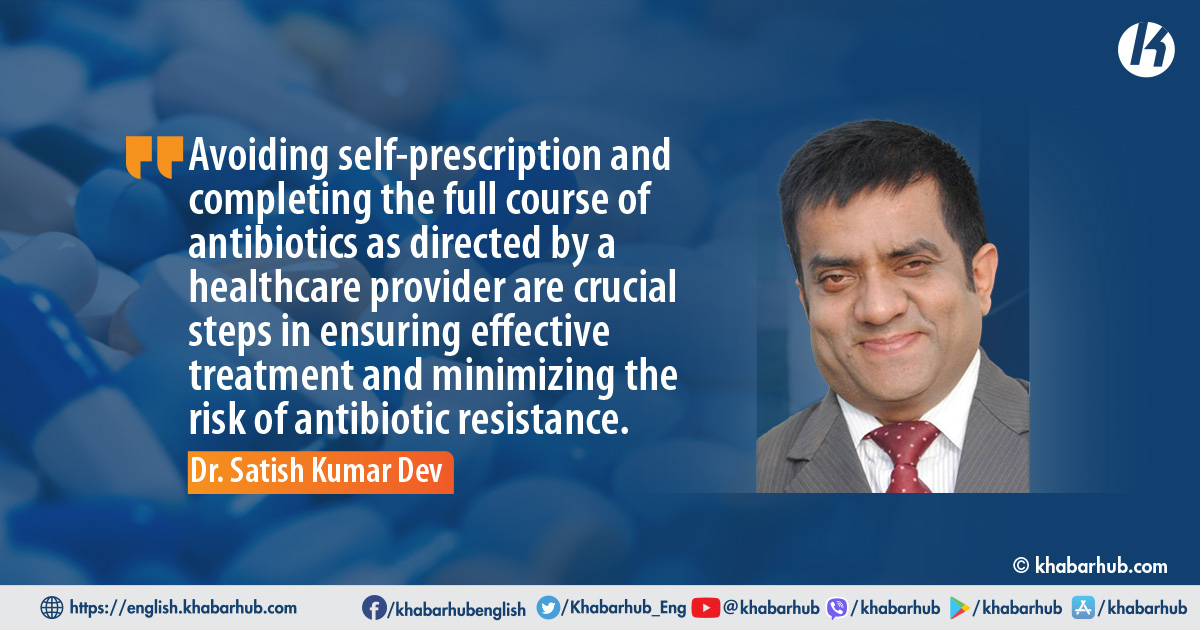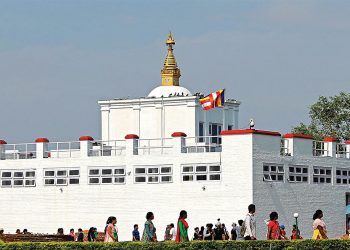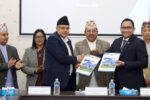In recent times, there has been a noticeable surge in the usage of antibiotics.
The trend of individuals self-administering antibiotics without consulting a medical professional is also on the rise.
The importance of selecting the appropriate antibiotic and determining the correct dosage is paramount.
Dr. Satish Kumar Dev sheds light on these crucial aspects in a conversation with Khabarhub. Excerpts:
Why is antibiotic use increasing?
Recently, the number of people using antibiotics has increased day by day.
Using antibiotics prevents bacterial infections in the body. It destroys the existing bacteria and prevents bacterial infection.
Antibiotics should be used primarily for bacterial infections. This is called a prescription drug.
Many people use antibiotics unknowingly because there is no easy access to doctors in many places in Nepal.
In some places, there should be a ‘subsidy’ of antibiotics and in some places, they are not even available.
Antibiotics can only be prescribed by the Nepal Medical Council and doctors.
But antibiotics are being used even without a doctor’s prescription. It’s not good.
What are the side effects of using many antibiotics?
Anathelic antibiotics are good for a long time. Gastric first occurs, and long-term misuse can affect the liver, and kidney and damage the kidney.
Therefore, antibiotics should not be used for a long time.
By reducing the use of antibiotics, the rate of development of bacterial resistance can be reduced, as well as unnecessary costs and minor or serious harm due to drug side effects can be avoided.
How much antibiotics can we use?
The use of antibiotics varies according to standard treatment guidelines.
Some antibiotics should be taken for three days, some for five days and some for seven days.
Similarly, one eats 1 time a day, 2 times a day, 3 times a day. It is mandatory to eat according to the doctor’s advice or using the guidelines.
In what cases can antibiotics be used and in what cases are they not?
Any antibiotic is a depressant drug. It should not be used without a doctor’s advice.
Antibiotics taken by one person may not be suitable for another. If you stop taking antibiotics after you start taking them, you should take them only on the advice of your doctor as there are risks to your health.
What to do so that the consumption of antibiotics does not take a severe form?
Antibiotic resistance prevention strategy will be done according to the National Action Plan made by the Nepalese government.
Two to three aspects are emphasized in this. The regulatory side is the implementing side of government.
Another technical aspect and public aspect are taken. The government did not promote and misuse antibiotics.
The results of antibiotic resistance should also be kept in the education system of schools.
What should the user of antibiotics pay attention to?
We set up a table in all Bhatbhateni and researched how many people have taken antibiotics incorrectly or taken them without asking a doctor.
We found that about 65 percent bought and ate it themselves. People with antibiotic resistance should be aware of themselves and make an environment to eat only under the advice of a doctor.
Take antibiotics according to the doctor’s advice and do not buy antibiotics yourself. A patient should also not ask a doctor for antibiotics without checking.
It is essential to refrain from self-medication and always seek professional medical advice before taking antibiotics.
Avoiding self-prescription and completing the full course of antibiotics as directed by a healthcare provider are crucial steps in ensuring effective treatment and minimizing the risk of antibiotic resistance.









Comment